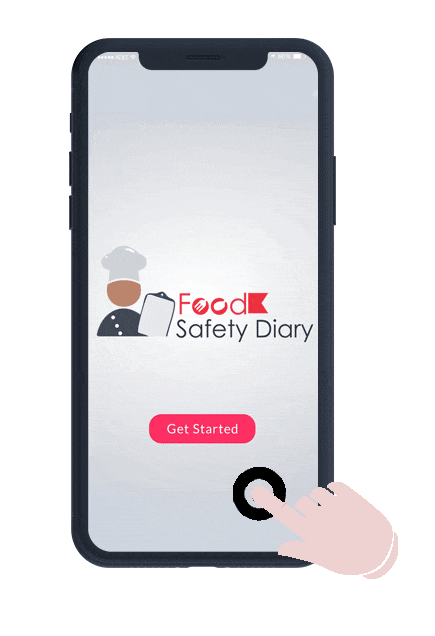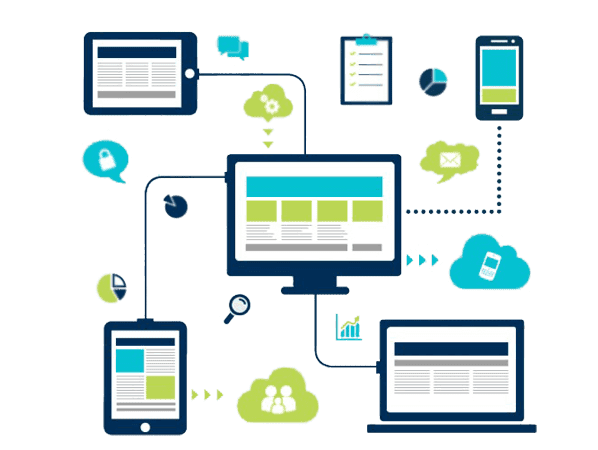-
What is mobile app development?
Mobile app development is the process of creating software applications specifically designed to run on mobile devices such as smartphones and tablets. It involves developing applications for various mobile platforms like iOS (iPhone/iPad) or Android, utilizing programming languages, frameworks, and development tools.
-
What are the different types of mobile apps?
There are three main types of mobile apps: native apps, web apps, and hybrid apps. Native apps are built for a specific platform (e.g., iOS or Android) using platform-specific languages and tools. Web apps are accessed through a mobile browser and are developed using web technologies like HTML, CSS, and JavaScript. Hybrid apps combine elements of both native and web apps, using web technologies wrapped within a native container.
-
Which programming languages are commonly used in mobile app development?
For iOS app development, the primary programming language is Swift, although Objective-C is still used in some cases. For Android app development, Java has been the traditional language, but Kotlin has gained popularity as a more modern alternative. Additionally, frameworks like React Native and Flutter allow for cross-platform app development using JavaScript or Dart.
-
What is the app development process?
The app development process typically involves several stages: ideation and conceptualization, requirements gathering, UI/UX design, development, testing, deployment, and maintenance. Each stage involves different tasks and considerations, such as creating wireframes, developing code, conducting user testing, and optimizing performance
-
How long does it take to develop a mobile app?
The development timeline for a mobile app can vary depending on various factors, including the complexity of the app, the number of features, the platforms targeted, and the development team's size and expertise. Simple apps may take a few weeks, while more complex ones can take several months or longer to develop.
-
What are the essential features of a successful mobile app?
Successful mobile apps often share common features such as an intuitive user interface, seamless performance, fast loading times, robust security measures, offline capabilities (if applicable), social media integration, and regular updates to fix bugs and introduce new features based on user feedback.
-
How can I monetize my mobile app?
There are several monetization strategies for mobile apps, including in-app purchases, advertisements, subscriptions, freemium models (offering a free version with limited features and a paid version with additional functionality), sponsorships, and partnerships. The choice of monetization model depends on the app's purpose and target audience.
-
How do I publish my mobile app to app stores?
To publish your mobile app to app stores, you need to follow the guidelines and requirements set by each platform. For iOS, you need to enroll in the Apple Developer Program, create app certificates, and submit your app through Apple's App Store Connect. For Android, you need to create a developer account on Google Play Console, prepare app assets, and submit your app for review.
-
How do I ensure my mobile app's security?
Mobile app security is crucial to protect user data and maintain trust. Some key security measures include implementing secure data transmission (HTTPS), encrypting sensitive data, using secure authentication methods, keeping the app up to date with security patches, conducting regular security audits, and following best practices for secure coding.
-
How can I market and promote my mobile app?
To market and promote your mobile app, you can utilize various strategies such as optimizing your app store listing with relevant keywords and engaging descriptions, creating a website or landing page for your app, leveraging social media channels, running targeted advertising campaigns, reaching out to influencers or bloggers, and actively seeking user feedback and reviews. Continuous marketing efforts and updates are essential for gaining visibility and attracting users.

